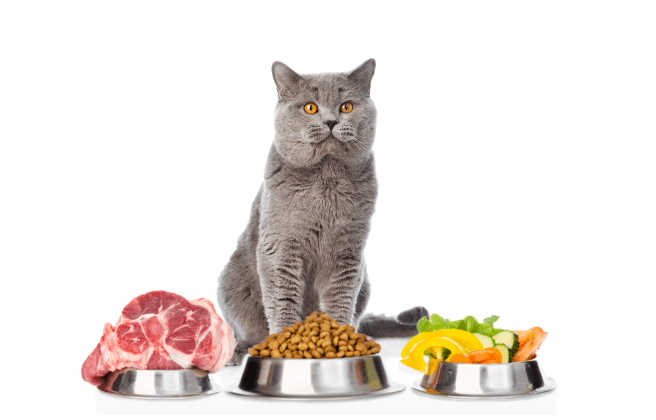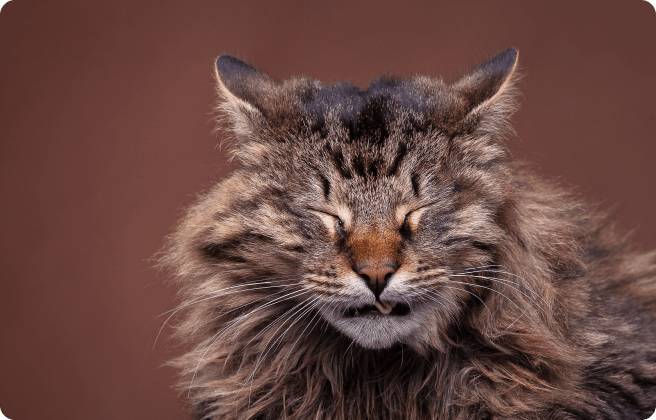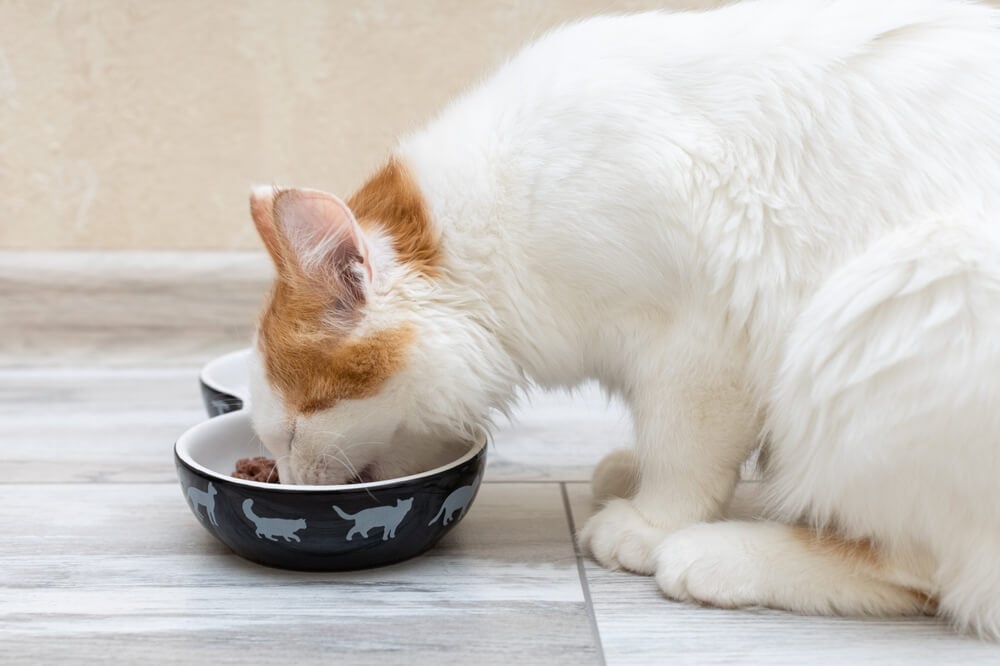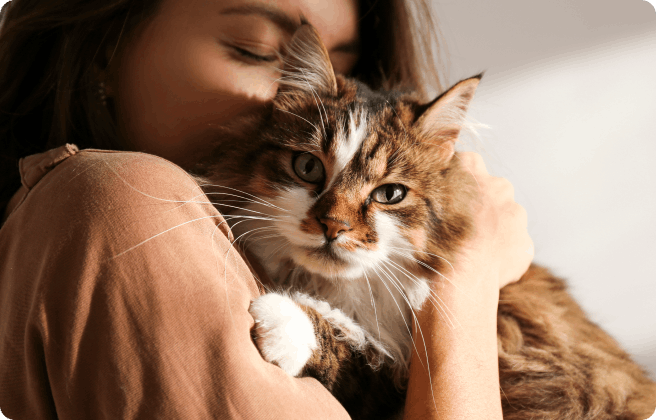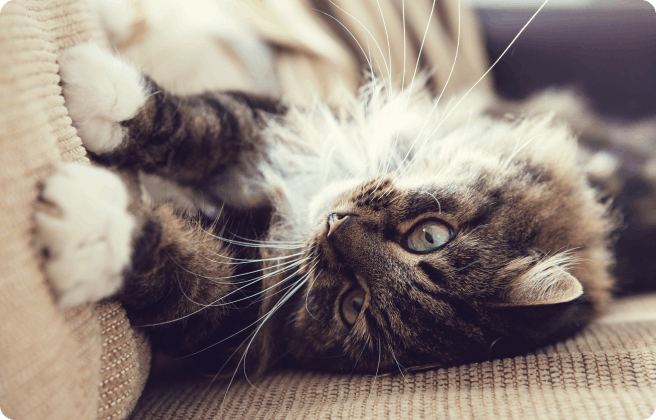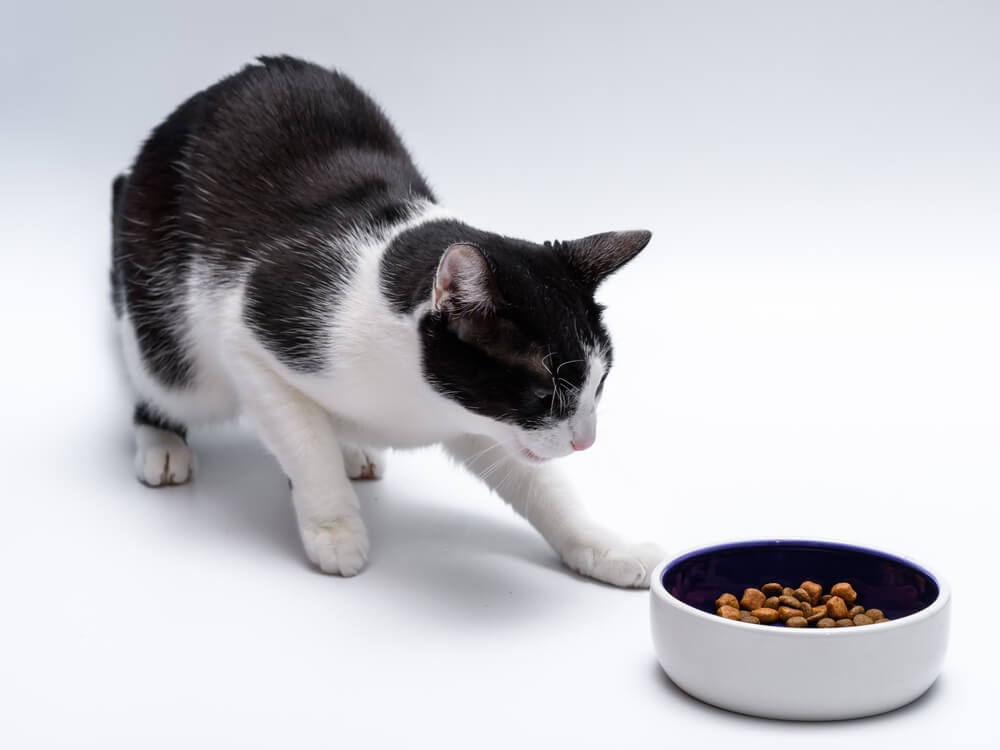
Cats, like many other animals including us humans, can be fussy eaters. Sometimes, this can mean they don’t eat the food you give them, leading to frustration and confusion on your part — and you may begin to question what exactly will they eat?
Well, the good news is cats will eventually (usually) eat food they don’t like, but it will require a bit of work on your behalf as their pet parent. Cats that are picky eaters have usually learned this behavior, rather than it being part of their genetics. And with all learned behaviors, it can be unlearned, with some patience, persistence and hard work.
Why are some cats picky?
Cats, as you will know, are intelligent creatures. Some of them are so clever they’ve even learned to manipulate you as their faithful cat parent. Yes, it’s true – you may think you’re doing your best by them by offering them other food options if they don’t eat what’s in their bowl, but this is just saying to them, “Don’t worry, if you don’t like this or are bored of the delicious food I’m buying for you, I have plenty of other tasty options to offer.”
As well as this costing you money and wasting perfectly good cat food, your cat has learned they’ll receive other options if they refuse to eat what’s been presented to them.
They may genuinely be bored of their food, though, and if this is the case, we have some tips on what to do if your cat is bored of the same food.
Stick to your guns
If your cat has become used to you giving in, it may take some time for you to get them to eat the food you’re providing, but it’s all about stubbornness — or who will give in first.
Try giving your cat their usual food, and if they sniff it, turn their head and pad softly away, don’t give in and swap it for another flavor. Wait until your cat has no other choice but to eat what you’ve given them. Often, cats will graze on their food rather than consuming the entire bowl at once, so leave it for a while and see what happens. When your cat realizes this is all they’re getting, you may find they eat it, however reluctantly.
Reduce treats
Your cat may be choosing not to eat their food as they know there’ll be some tasty treats coming later in the day. If you withhold those treats, they’ll soon learn that nothing more is coming, and so eat their food instead.
They may establish a prolonged campaign to try to persuade you to give them the treats again by vocalizing their unhappiness, ie loudly meowing. Stand firm, don’t buckle, and after a few days, or in some cases weeks, they’ll eventually learn that there’ll be no extra treats, so will have to eat all their food.
Slowly but surely
You may feel like your cat is not eating their food if you leave it out, but as we mentioned earlier, many cats are snackers, eating a small amount and then coming back to graze later in the day. If it’s a food you think they don’t like, try leaving it out for longer and you might find that they return to the bowl later in the day to eat a little more. (Don’t do this with raw food though, as it spoils quickly.)
If this isn’t working, you could try gently warming up the food in the microwave — sometimes, cats prefer to eat warm food instead of cold food.
If these methods all fail, though, you might have to resign yourself to the fact that your cat is simply refusing to eat that flavor, and you have little choice but to change their food. If you do this, ensure you make the transition gradual, slowly introducing the new food over a few days to reduce the chance of gastrointestinal distress to your cat or your cat suffering an allergic reaction.
This is also because you want to ensure your cat is eating and not going without food for more than 24 hours, as that can lead to serious illness.
If you have major concerns about your cat’s diet, or plan to make significant changes, speak to your veterinary surgeon, who can advise you on what steps to take and whether there’s a more serious problem with your cat’s digestion.
We uphold the highest editorial standards when creating the authoritative content pet parents rely on and trust.
Every piece of clinical content on the Cat Food Advisor is reviewed by our certified Veterinary Advisory Board, which consists of licensed veterinarians and medically certified specialists.
Our reviews are completely independent; we are not paid by any pet food company to promote their products favorably. We do not accept money, gifts, samples or other incentives in exchange for special consideration. For more information see our Disclaimer & Disclosure page.





